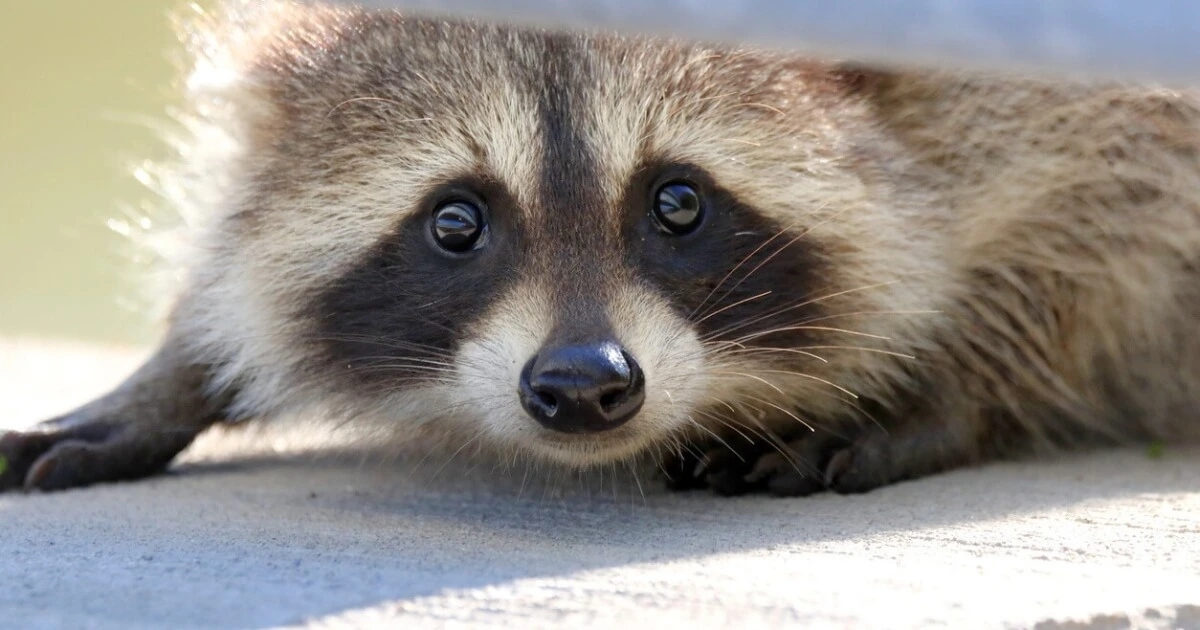
Photo by photosbyjimn / Getty Images
Raccoons are a natural part of virtually every landscape in Canada, playing essential roles in ecosystems. Whether in downtown Toronto or Saltcoats, Saskatchewan, you can expect to see raccoons finding a home.
While raccoons can create headaches for people through their curiosity and denning behaviour, the value they contribute to ecosystems is inarguable. Here’s just a few of the remarkable ways raccoons benefit the environment around them:
1 Cleanup crew. Raccoons aren’t picky when it comes to their diet. They’ll happily clean up carrion (dead animals), fallen fruits or nuts, and other items that can lead to larger ecosystem or human-health issues when left in place.
2 Insect and rodent patrol. Mice, rats, various insects, and other small critters are all appealing to raccoons; as such, raccoons help manage the population levels of rodents, insects, and others.
3 Seed dispersal. Did you know that some seeds evolved specifically to get transported by animals? Raccoons are all-stars at this! Seeds may get caught on the fur of raccoons, who will transport them to other areas. Raccoons may also consume seeds (berries, nuts, etc.) and defecate in another location. That’s a combination of scarification and fresh fertilization for a native seed!
4 Food for other species. Like the animals and insects whose populations are kept in check by raccoons, other carnivores will on occasion hunt raccoons, including coyotes, foxes, owls, hawks, and other local species.
Managing Negative Encounters
Raccoons are affectionately called Trash Bandits, due to their affinity for finding treasure among human trash, and their black mask-like colouring. While raccoons are essential to many ecosystems, they can also end up in negative encounters with people.
Preventing and mitigating these encounters is not about removing raccoons, but identifying why raccoons are behaving the way they are. Here’s a few tips that can help humanely prevent raccoons from becoming a bad neighbour:
- Never feed raccoons. Direct or indirect feeding of wildlife, including raccoons, teaches them to return to a food source and often grow more comfortable around people. This ultimately can lead to harm to raccoons as they may take greater risks like crossing roads or being near pets, congregate in larger numbers, increasing risk of disease spread, and getting nearer people. Consider adding native plants and creating habitat, or working with a wildlife rehabilitator if you’d like to support local raccoons.
- Secure trash and other waste. Raccoons are clever and will take advantage of any opportunity for easy food. By keeping trash and other waste secure, and only putting it out when it’s ready to be picked up (per municipal guidance), you can prevent raccoons from hanging out around the home. Having trouble keeping garbage secure? Check out StashYourTrash.ca for tips and products that may help!
- Don’t trap. Traps designed to target raccoons can still cause immense suffering (degloving, lacerations, crushing injuries, etc.), and catch non-target animals.
- Water sources. If you have a pond or regular water source on your property, you may expect to see raccoons. Not only will they enjoy the potential food sources of a pond, but they also frequently “wash” their food underwater (this isn’t technically ‘washing’; the sensitivity of their paws increases underwater).
- Seasonal checks of property. Spending an hour when the seasons change to look around your property for access points under sheds, decks, along roof lines and soffits, and other areas can help prevent the need for humane wildlife removal of animals.
- Management of other animals. If you have backyard chickens, ensure you’re protecting their coop appropriately. Raccoons and many other animals can get past simple chicken wire – but these tips can help make your coop more frustrating than worthwhile for wildlife.
- Utilize humane wildlife removal companies. Not all wildlife removal operators are made the same. Ask for references, inquire about their methodology, and consider using the AnimalKind.ca list to find a certified humane wildlife removal company.
